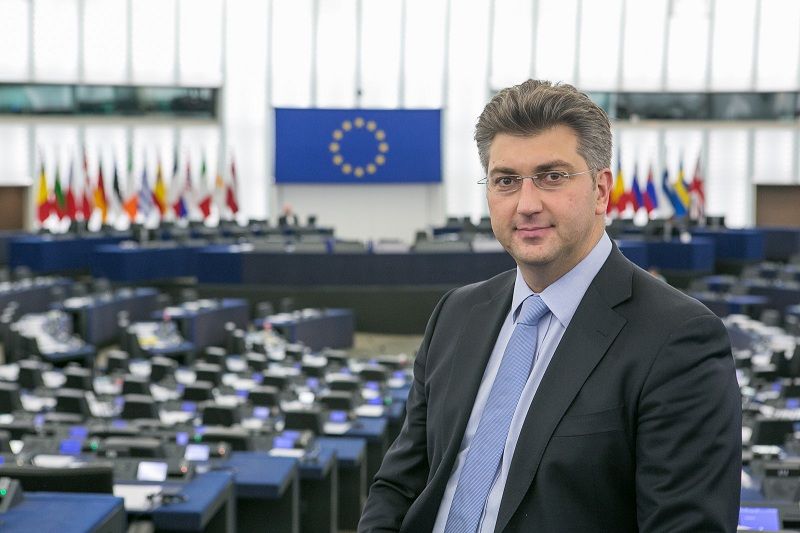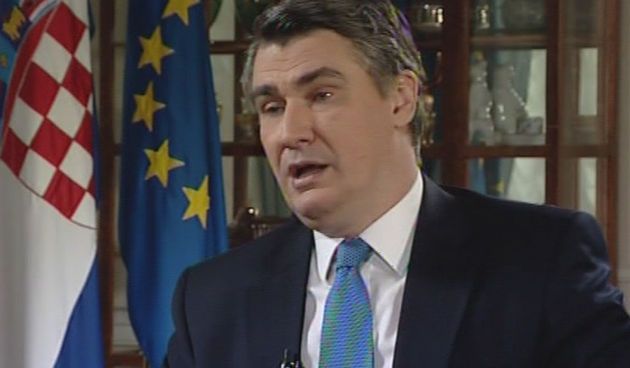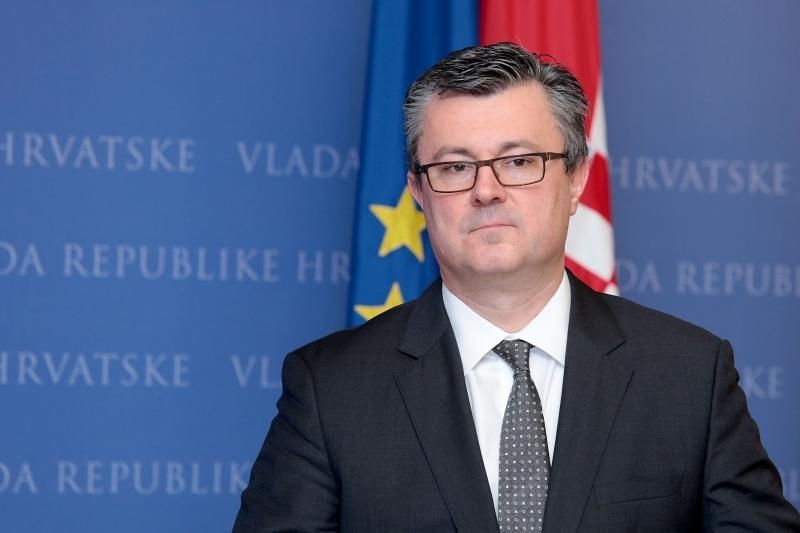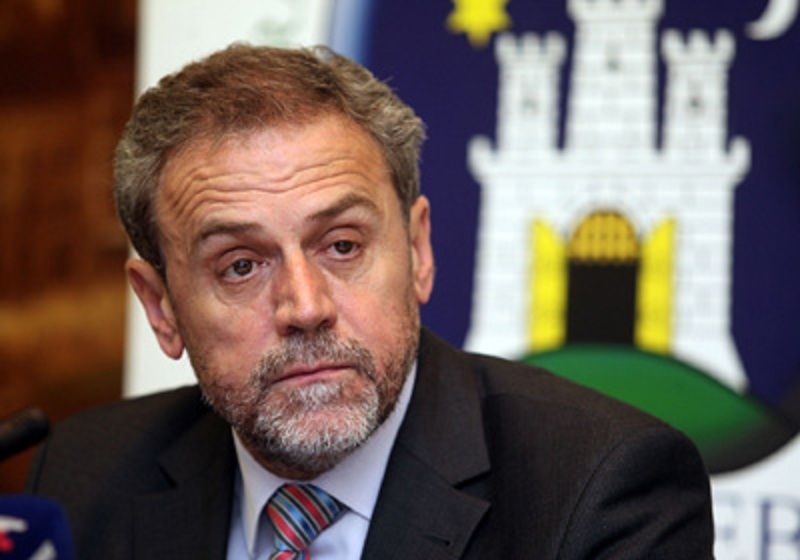After the elections in early September, it can be expected that one of these four people will lead the government.
Early parliamentary elections are still over two months away, but already it is becoming quite clear there are just four people who could reasonably expect to have at least some chance to become the next Prime Minister.
Andrej Plenković

First step in Plenković’s road to the Banski Dvori palace is to win the elections for HDZ president which will take place on 17 July. Fortunately for him, it seems it won’t be a very difficult thing to do, since so far he is the only candidate and it is not expected that any serious opponent might appear. So, HDZ members will be able to choose between Plenković and no one else, according to the “one member – one vote – one candidate” principle, which has already been tried in HDZ during the last party presidential elections just several months ago, when Tomislav Karamarko was elected (not surprisingly) unanimously. Second step for Plenković is to try to move HDZ towards the centre of the political spectrum, without losing votes on the right-wing of the electorate. He will have to decide what do to with some of HDZ’s current coalition partners, right-wing parties like HSP-AS and HRAST, as well as with more extremist HDZ members, like current Culture Minister Zlatko Hasanbegović. The key issue is whether Plenković will be able to do much, since the rest of HDZ leadership has already announced they plan to change party rules in order to lessen the authority of the party president. While Plenković himself is quite moderate politician and therefore acceptable to wide spectrum of the electorate, given the rest of the people in HDZ leadership, who have all until just a few days ago supported more right-wing policies of Tomislav Karamarko, it is questionable how much Plenković will be able to achieve. Early indicator might be the decision of the Croatian Peasants’ Party (HSS) whether to stay in coalition with HDZ or change sides and enter a pre-election coalition with SDP. Although the party does not bring many votes, it will indicate whether HDZ’s coalition potential is expanding or shrinking.
Zoran Milanović

The long-time SDP president and former Prime Minister would like to return to the Banski Dvori palace just nine months after he was defeated at the last elections. Even though leaders of defeated parties usually resign, in SDP that is not the case. Milanović has already survived two electoral defeats (2007, 2015), so one wonders what he would have to do to be forced to leave his party post. To again be Prime Minister, he will have to remind voters that Tomislav Karamarko was not the only one guilty for the failures of the HDZ-MOST government during the last six months and that Karamarko’s resignation does not mean that all problems in that coalition have been solved. A problem for Milanović might be the fact that, even if SDP-led coalition achieves a good result at the elections, they would still need to enter a coalition with someone to have a majority in Parliament, and at this moment it is not clear who that might be. If they need only a few votes, MPs from national minorities would be enough. But if, which is more likely, they need more than eight MPs to form a government, that again MOST might be an option. However, MOST leader Božo Petrov has repeatedly said they would never support Milanović as Prime Minister, so the party might have to find someone else or remain in opposition. So, even though current polls show that SDP has a large lead over HDZ, it is far from certain that Milanović will return to the post he held for four years, particularly since Plenković’s election for HDZ president might change those polls dramatically.
Tihomir Orešković

While the current non-partisan Prime Minister has still not officially announced that he would even take part in the forthcoming elections, it is widely expected that he will join forces with MOST and presumably be their candidate for Prime Minister. Orešković is reasonably popular with the electorate and he could certainly bring some votes to MOST. However, no one expect that MOST will be anywhere near the largest party in any post-electoral coalition, so the only way for Orešković to actually remain the Prime Minister would be for MOST to again condition their support with neither SDP nor HDZ presidents being the next Prime Minister. The problem for MOST might be the election of Andrej Plenković as the next HDZ president and the expected repositioning of that party towards the centre. During the last few months, MOST has presented itself as a more moderate conservative option than HDZ and so, if HDZ now starts moving toward the centre, it can be expected that MOST might lose some of the votes. While current polls show actually the opposite, with HDZ losing and MOST gaining votes after the collapse of their government, if HDZ’s support starts growing with the new party president, it can be expected that MOST could again start losing support.
Milan Bandić

The only reason why Zagreb Mayor Milan Bandić has been included in this list is the fact that he has repeatedly said he would become the next Prime Minister. However, his party’s popularity is somewhere very near the electoral threshold and it is questionable how many MPs it will even have in the next Parliament. With several court cases against Bandić awaiting trial, the best Bandić can hope for is to win enough seats in Parliament to be an important player in post-electoral negotiations.
Someone Else
Of course, given the fact that nothing is impossible in Croatian politics, perhaps someone else will appear out of nowhere to take over as Prime Minister. It did happen just last December, when Tihomir Orešković was given three hours to think whether he would like to become the Prime Minister, even though he did not take part in elections and was virtually unknown to anyone in Croatia. But, given the events of the last few months which have demonstrated that having a non-partisan and politically unknown and inexperienced politician as Prime Minister was not the best possible solution, it is hard to believe that anyone would like to repeat that experience.


